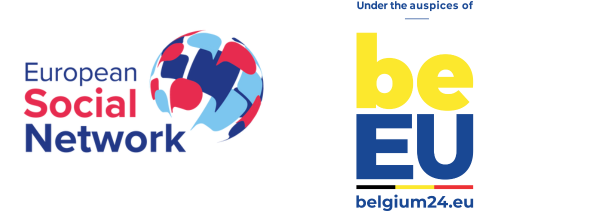Beatrice Valente Covino, Senior Manager; Stefano Scarazzati, Assistant Manager, KPMG Advisory Italy
The Social Policies Directorate of the Milan Municipality has an important history of strategic planning, which allowed the application of advanced working methods, based on the integration between the public and private sectors, aimed at promoting citizens’ wellbeing. The project was developed by KPMG for the Municipality of Milan, in collaboration with the Research Centre on Health and Social Care Management (CERGAS) of Bocconi University. It includes two macro-interventions which aimed to:
- propose a comprehensive way of analysing child poverty and creating an interactive and dynamic dashboard on the phenomenon to facilitate social policy interventions, and
- implement an impact evaluation framework and a dashboard to monitor the impact of a programme aimed at reducing school segregation and early dropouts, while promoting social integration through the offering of a wide range of after-school activities.
To enable the municipality to implement a more targeted and effective child poverty policy, the working group identified a theoretical development model that helps to select the dimensions that play a role in a child’s development to analyse child poverty from a multidimensional perspective. Indeed, poverty is not only related to lack of income, but is also closely linked to access to opportunities and the ability to participate fully in life, not only economically but also socially, from a multidimensional perspective. The final output of the project is a dashboard that aims to assess:
- the number of minors belonging to households that have access to the support services provided by the municipality (demand met);
- the number of minors who, due to certain contextual characteristics, may not manifest a need but are in situations of social and material vulnerability and are, therefore, potential beneficiaries of support measures, or who manifest a need but do not find satisfaction in the services offered (potential demand).
The working group also supported the Municipality’s Education Department in developing a monitoring and impact evaluation model for after-school activities funded by the Municipality itself, which involves all participating schools in a single impact evaluation system that considers specific aspects of each school. The model consists of a set of indicators selected through desk research and analysis, interviews with key stakeholders and co-design focus groups.
These indicators have been organised and systematised in a database, fed by the schools, which provides results through an interactive and dynamic activity monitoring dashboard, allowing schools to see the progress and impact of the activities in real time and to enrich their offering based on the impact achieved, promoting the most effective activities and improving the less effective ones or those with the lowest participation rate, also thanks to a continuous feedback mechanism, implemented by both students and families.

